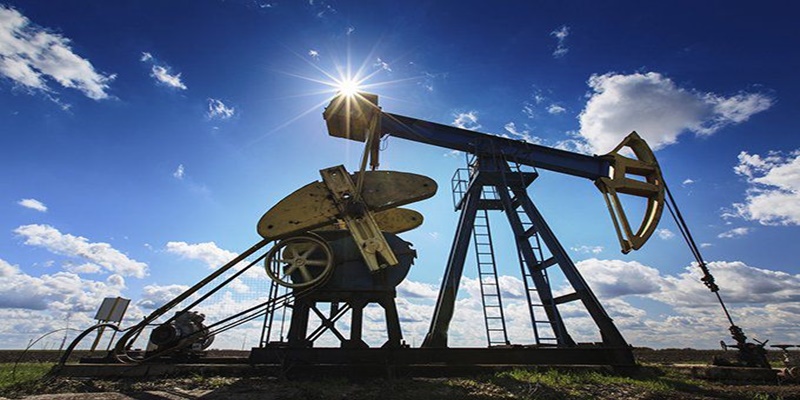Stakeholders are concerned about energy security in Africa as the continent’s expanding need for petroleum products, particularly for storage and distribution, is threatened by the ongoing Russia/Ukraine conflict.
While the International Energy Agency (IEA) defines energy security as “uninterrupted availability of energy sources at an affordable price,” stakeholders at the African Refiners and Distributors Association (ARDA) are concerned that shocks related to energy insecurity could affect the majority of African nations due to inadequate storage and distribution infrastructure.
Anibor Kragha, ARDA’s executive secretary, lamented port-related difficulties while expressing significant concerns about the continent’s infrastructure for the storage of petroleum products. He was speaking during a workshop on storage and distribution.
In order to achieve the Sustainable Development Goals (SDGs) of the United Nations (UN) and lessen deforestation, Kragha believed that investments in modern infrastructure were necessary.
In order to accommodate the anticipated rise in demand for petroleum products across the continent, he emphasized the necessity for coordinated storage and distribution strategies, as well as investments.
The Executive Director of CITAC Africa, James McCullagh, discussed the “Role of Storage and Distribution in providing Energy Security in Coastal and Inland Countries,” saying that Africa would require dependability, reasonable pricing, and strict health, safety, and environmental (HSE) policies.
He claims that the Ukraine situation occurs at a time when several refineries are closing due to inadequate stock capacity, adding to Africa’s anxieties.
He believed that minimum stock holding standards would act as a cushion against supply disruptions. He pointed out that national price structures would need to include a line item for this.
He emphasized the necessity for a consistent, five- to ten-year-out scenario to direct investment planning and regulatory framework.
James Gooder, VP Crude at Argus, said that the conflict in the Ukraine harmed African growth, with diesel costs taking the most hit.
Gooder remarked that despite the fact that the world’s oil consumption is still recovering, crude production has found it difficult to keep up.



